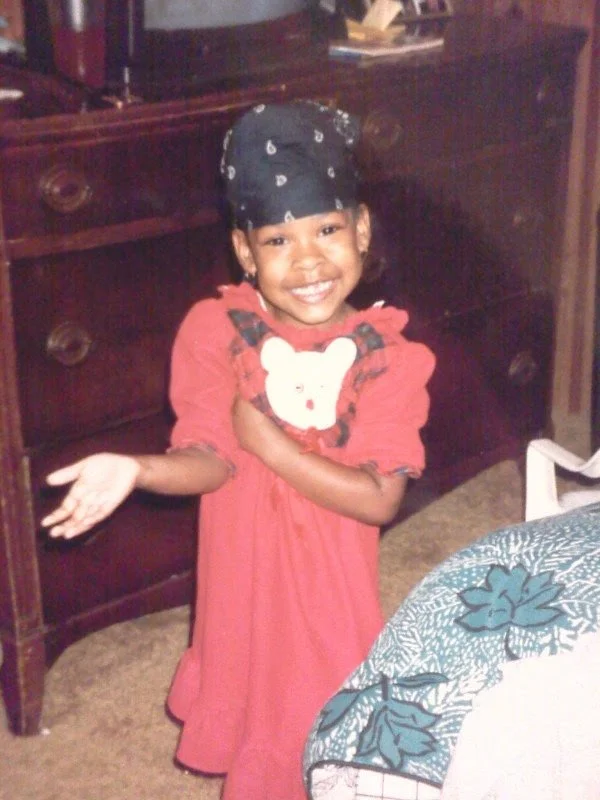Childhood Trauma Part 1: Does it affect you as an adult?
“Childhood trauma doesn’t come in one single package. ”
Childhood Trauma: Let’s address it…
Two weeks into 2023, I’m choosing [friendly] violence today. Why do you ask? Well, I would hate for you to allow childhood trauma to eradicate your chances of establishing and maintaining healthy relationships this year! So, as a disclaimer, this entire article focuses on childhood trauma and its lasting effects on adulthood.
That said, if you are serious about trusting despite the trauma you’ve endured, I highly encourage you to read this article through and through. However, if addressing childhood trauma triggers you - you may want to stop here.
Childhood T R A U M A
“Children whose families and homes do not provide consistent safety, comfort, and protection may develop ways of coping that allow them to survive and function day to day. For instance, they may be overly sensitive to the moods of others, always watching to figure out what the adults around them are feeling and how they will behave. They may withhold their own emotions from others, never letting them see when they are afraid, sad, or angry. . . As a child grows up and encounters situations and relationships that are safe, these adaptations are no longer helpful and may in fact, be counterproductive and interfere with the capacity to live, love, and be loved.”
I don’t know about you, but that first line described most of my childhood. Don’t get me wrong; I’m sure the vast majority of the adults that played a part in my upbringing (on any level) did the very best they could with the resources at their disposal. On the same token, I can confidently say that how I was raised, the things that I was exposed to, conversations held (and overheard), and additional factors not only traumatized me as a child but had a direct impact on both failed and healthy relationships as an adult.
A young Miya, sometime in the 1990’s
When I started therapy in 2020, I realized my childhood trauma continued to show throughout my adulthood. My experiences in my childhood shaped my outlook on love, conflict resolution, friendships, respect, and self-confidence (to name a few). I’m still unpacking how:
I would sabotage healthy relationships but hold on to toxic ones.
I question my self-worth if someone else does not see it.
I avoided all conflict or went out of my way to address it - there wasn’t a healthy middle ground.
I refused to respect any adult that contributed to my traumatic childhood.
To Be Continued . . .
There’s more to be discussed, but trust that we will have an episode on this topic in our upcoming podcast. My goal with this blog post was to have you reflect on your childhood trauma and the ways it may have affected you in adulthood. How have you been dealing with it? What best practices are you willing to share with the #TDTCommunity? Leave a comment, and share on your social media! We look forward to hearing from you!
“Trauma comes back as a reaction, not a memory.”
